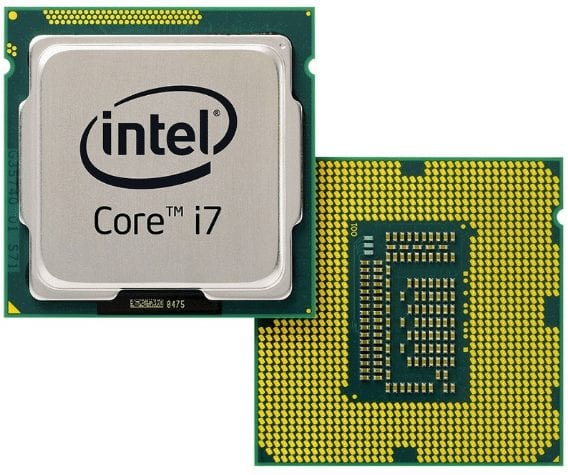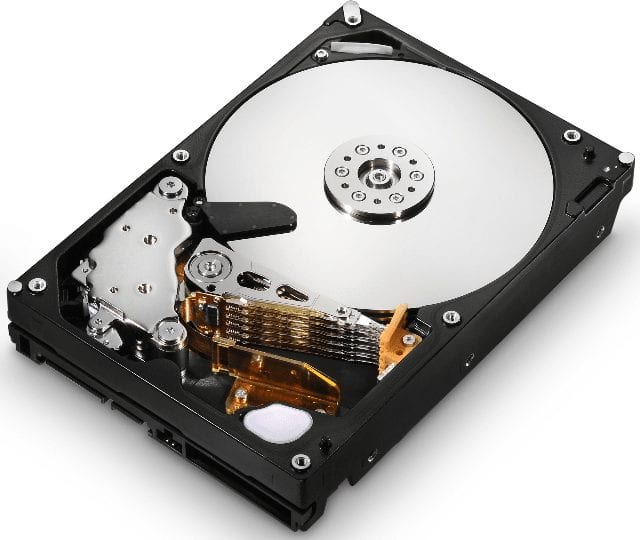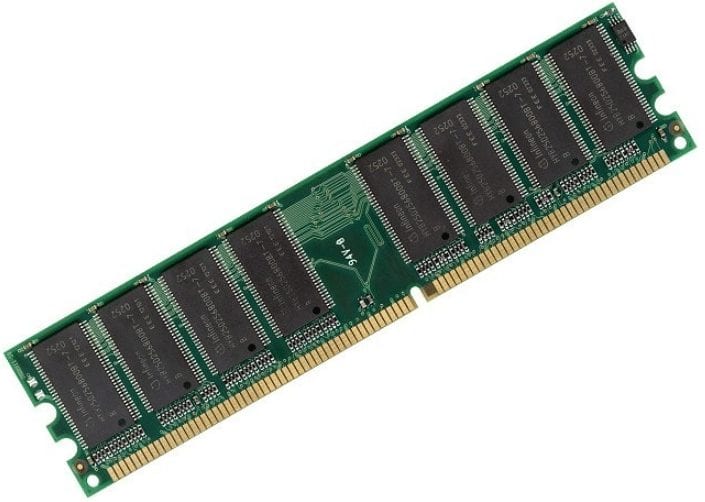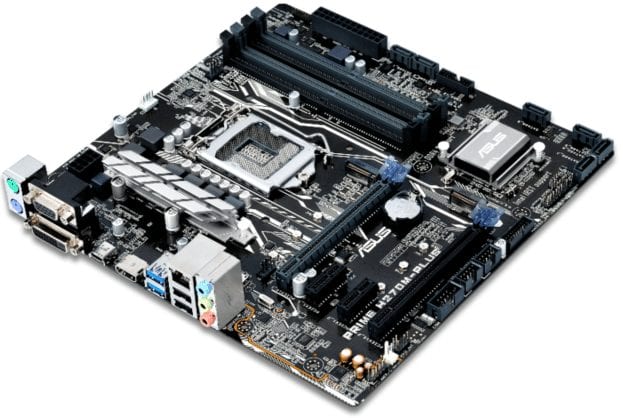

All About Hardware [Part 1]:
Get to Know Your Computer
We decided to dedicate this entire month to the importance of upgrading your old hardware – and the cost of doing nothing instead. Consider the following:
Old devices are expensive! When you’re counting every dollar, it’s tempting to “make do” with whatever devices are available. But that old device may be costing you more than you realize. On average, every PC older than 4 years can cost over $1,700/year1 AND slow you down. Additional costs include IT management time spent on old devices, which is significantly higher than on new ones.
Not built for multi-tasking! Windows PCs older than 4 years can cause more than 2.1 x increase in lost productivity (hours). And older PCs can only run about 5 applications simultaneously without performance degradation.
Protect what you have built! More than 50% of small businesses have suffered a data breach or cyberattack, with costs averaging more than US $84,000 per breach. It can be difficult to recover your business and your customers’ trust. Newer devices provide better security options, keep that in mind!
Today, we want to introduce your computer to you so that you can get a better understanding of what its different components do and how their “well-being” affects you.
Central Processing Unit (CPU): 
The CPU or Central Processing Unit is the brain of your computer. It is in charge of sending signals out to all the other components of your computer and telling them what to do and when to do it. By upgrading your computer, the CPU speed increases dramatically, which enables your device to run smoother and more efficiently.
Hard Drive: 
The Hard Drive of your computer is where all your documents, pictures, music, videos, and applications are stored. It is important to upgrade your hardware as newer devices with newer Hard Drives have much faster accessing speeds to all of your important files, which in return can save you time and money.
Random-Access Memory (RAM):
RAM or Random-Access Memory is a piece of hardware inside your computer that temporarily stores data as you need it. The more RAM your computer has, the more data and information you can access and work with at the same time. The amount of RAM your computer has a significant impact on the overall efficiency and performance of your machine. Since newer machines have more RAM, it is important to upgrade your hardware frequently as it is both useful and necessary to have the ability to work with all the different documents and information you need at once.
Motherboard: 
The System Board, also known as Motherboard, is a physical circuit board that allows all of the components in your computer, such as the RAM and the CPU, to communicate with each other. By upgrading your hardware, you get a computer with a newer and therefore more efficient Motherboard which helps your device run smoothly and adequately.